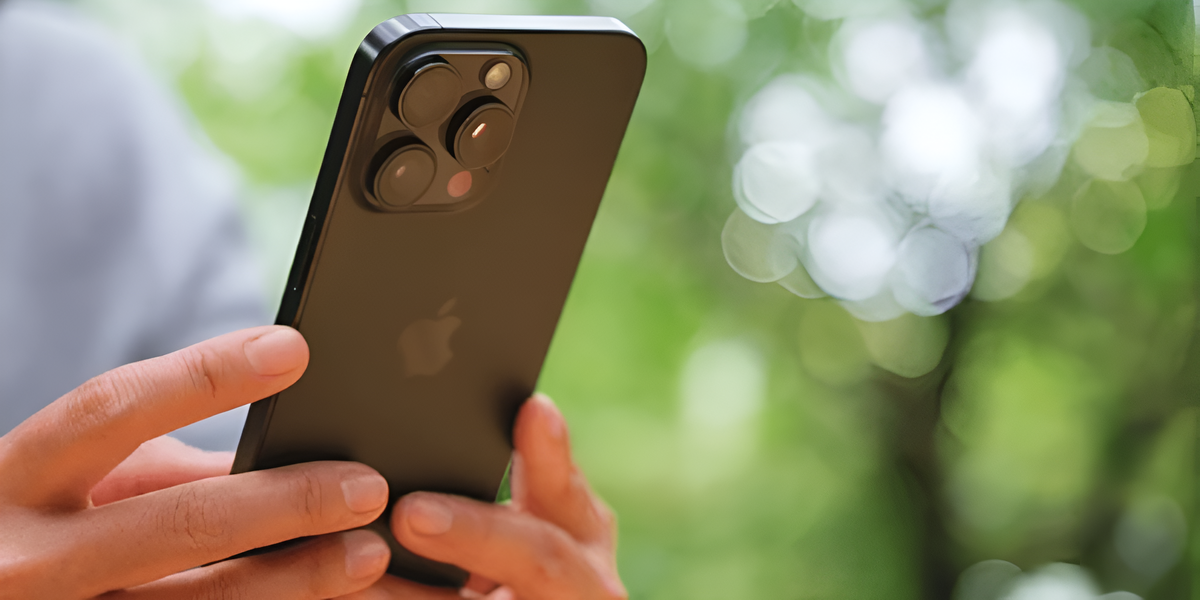Online commerce giant Alibaba used the Aniemore library dataset from Russian developers the Social Code team to test a new AI training method based on the author’s Emotion2vec emotion recognition model.
Together with researchers from three leading universities in China, Alibaba created the Emotion2vec emotion recognition model. To analyze its performance, it was necessary to compare its metrics with its existing analogues.
Among other models, foreign colleagues included in the study and used in testing the development of an IT company specialized in creating digital solutions for companies based on AI, the “Social Code”.
The company’s team developed a benchmark dataset, a Russian Emotional Speech Dialogues (RESD) dataset, specifically for the Aniemore (Artem Nikita Ilya EMOtion REcognition) open library, which it created. It was this tool that caught Alibaba’s attention.
The model is capable of recognizing emotions in audio files up to three seconds long, even with loud noises in the audio. In addition to three thousand fragments of speeches from two hundred different people, the RESD data set also contains emotionally vivid dialogues in a good recording, as close as possible to reality, which could become a special magnet for Chinese scientists.
“Engineers from Chinese universities and Alibaba took RESD as one of the metrics with which they tested their development and determined the quality of their work. It’s good that for these purposes they used our database, without even including such well-known data sets as Dusha (Sberbank) in the tests. This is a victory and international recognition of our work,” Artem Amentes, development leader of the Aniemore library, commented on the news.
Author:
Ekaterina Alipova
Source: RB
I am a professional journalist and content creator with extensive experience writing for news websites. I currently work as an author at Gadget Onus, where I specialize in covering hot news topics. My written pieces have been published on some of the biggest media outlets around the world, including The Guardian and BBC News.










